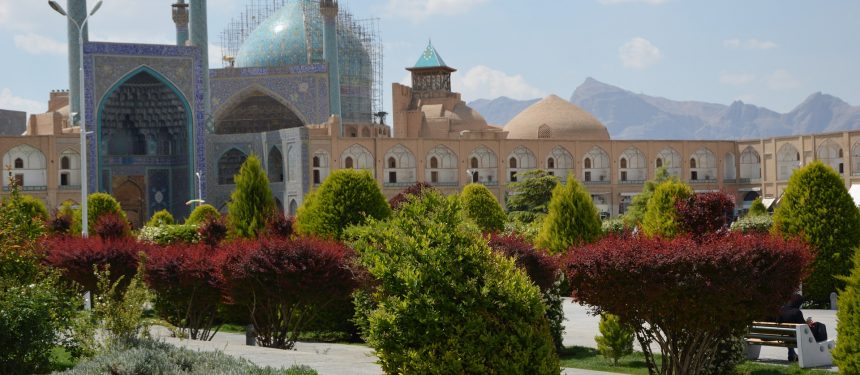Universities in Iran are attempting to internationalise their campuses, while boosting scientific cooperation with universities across the globe.
News and business analysis for Professionals in International Education
Have some pie!
Iranian HEIs looking for regional partners
 Students from neighbouring countries currently make up a large proportion of Iran's international student cohort. Photo: Pixabay
Students from neighbouring countries currently make up a large proportion of Iran's international student cohort. Photo: Pixabay “Our goal is to increase the visibility of our contribution in solving scientific problems in today’s world … and to increase the joint projects and education programs,” said Mahnaz Eskandari, assistant professor at Amirkabir University of Technology. “We want to contribute more and more as part of the international unity.”
Eskandari noted that many of the mobile students she hopes to recruit are from the region.
“Mainly [students] are from neighbouring countries. We are looking to first of all increase these numbers, and second, make it even broader, in order to improve our international activities”.
According to Enayat Shabani, director of international affairs & development at Tehran University of Medical Sciences, the government’s fifth five-year national development plan included an order to increase student numbers.
“Internationalisation is not Anglicisation”
There are at around 50,000 international students in Iran, though Shabani noted estimates vary – with 14,000 current students hailing from Afghanistan and 4,000 from Iraq, he added.
“There are steps and measures being taken, and we believe that now, very soon, international students will be more than this,” but there is an uphill battle to overcome the country’s reputation, he suggested, speaking at the EURIE conference in Istanbul.
Students “become the people who introduce the country to their friends, colleagues and siblings”, he said. With technology and social media, numbers will increase, he argued.
“We should provide an environment where the student feels [they] are at home,” Eskandari explained. “My country is very good at hosting people, we love our guests.”
However, bureaucracy and paperwork may be a stumbling block for prospective students, she added.
Language of instruction introduces other difficulties, according to Shabani.
“There is this group [in Iran] that believes that we should love our language, the Persian language. There is another camp that believes internationalisation requires [EMI courses]. The camp in the middle believes that we can include both considerations, and that internationalisation is not Anglicisation,” Shabani said.
Specifically in medical education, a “big burden” for 14 TUMS affiliated teaching hospitals is that international students cannot converse with patients, Shabani said.
“There is nothing more international than science”
Along with attempts to increase numbers of international students in the country, universities also want to boost scientific cooperation, according to Saeid Shojaei from the international & academic cooperations directorate at the Tabriz University.
“There is nothing more international than science – science diplomacy always works well, despite the international sanctions. International students can understand the power of science diplomacy,” he said.
“Science diplomacy can be used as an alternative to international communications. Internationalisation of higher education can boost science diplomacy.”
Shajaei, whose institution recently signed an MoU with Turkey’s Gazi university, said scientific links between universities in northwestern Iran and counterpart in neighbouring countries is strong.
“It’s very important to consider the neighbouring countries, for example, Turkey is one of the best countries to find cooperation for us, also middle Asia and other countries near Iran,” he said.
Recently, the Iranian Islamic Azad University penned an agreement with Damascus University, while talks with Lebanon and Cyprus seek to increase scientific cooperation.
Still looking? Find by category:


